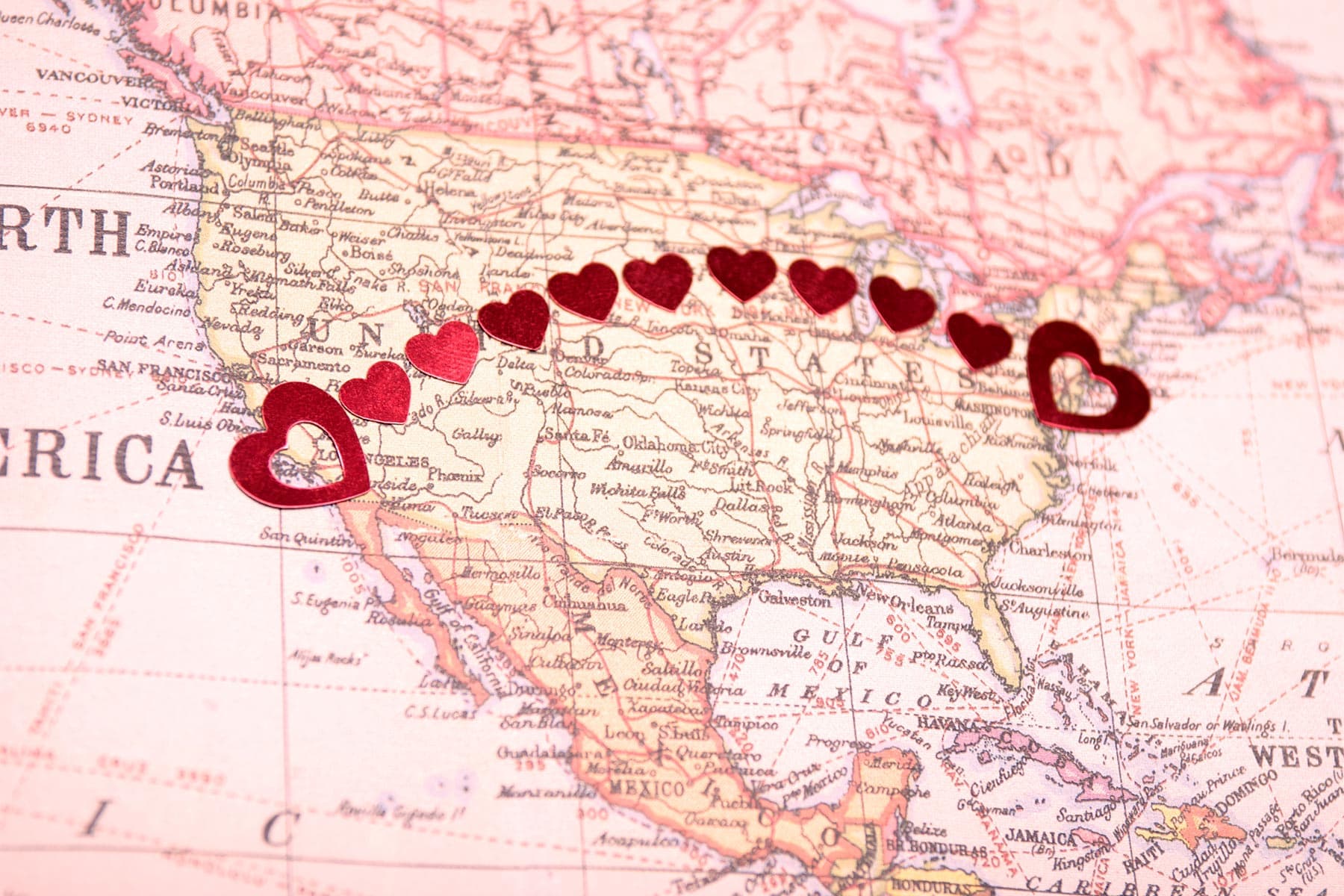A few days before Leslie Crowder started chemotherapy for breast cancer in Marietta, GA, she received a gift from her mother who was visiting from Philadelphia: a pink silk scarf printed with elephants.
“I have always loved elephants,” Crowder says. “As female creatures, they are fiercely protective of each other. When a female elephant is having a baby, or if she’s sick and needs to lie down, all the other females gather around her in a circle, facing out, so they can see what’s happening 360 degrees around and protect her.”
With the scarf, Crowder’s mother had found a way to circle the women around her daughter. Not only did Crowder receive a scarf, but her mother had also bought one for herself and her other two daughters. The plan was this: Every Friday, while Crowder was in chemotherapy in Atlanta, she, her mother, and her two sisters, nearly 800 miles away, would wear the scarf.
Week to week, as Crowder sat, stretched out in the vinyl recliner in the chemotherapy room at Wellstar Kennestone Hospital, she’d receive texts with photos of her mother and her two sisters (all in different locations) wearing the same scarf she was wearing. If her mother happened to be with family or friends during Crowder’s Friday morning appointments, Crowder would receive photos of those people – an aunt and uncle, her mother’s neighbors, old family friends – wearing the pink elephant scarf.
“It was a very special and unique way to feel connected,” Crowder said.
When a loved one is facing cancer and you’re miles away, it can be a challenge to figure out how to “circle the elephants.” Maybe you feel that your hands are tied by the distance. Or maybe you worry that anything you’d do from so far away wouldn’t help or matter all that much.
But people who’ve had cancer say that the support they get from loved ones all over the globe can be both meaningful and practical. What’s more, it can help you, the distant loved one, feel better, too.
It’s Normal to Feel Conflicted
So says Ranak Trivedi, PhD, assistant professor of psychiatry and behavioral sciences at Stanford University.
It’s common, she says, to struggle to figure out the right thing to do. Should you travel across the country, for example, to be with the person? How often could you do that? Or would you even move there temporarily? And, if so, what about your own life, home, and family (if you have one)?
Trivedi has faced these questions in both her professional and personal life. As director of caregiving and family systems at the Stanford Center for Asian Health Research and Education (CARE), Trivedi researches caregiver-care recipient needs and dynamics. Personally, Trivedi is a long-distance caregiver to her mother, who has had metastatic cancer for 17 years. Trivedi lives in Northern California. Her mother lives in Chicago.
“You often have to ask yourself, ‘Where do I place the bar for when I go to visit my mother in person versus when I do something from afar?’” Trivedi says. Even if you’d like to be there for everything, that might not be an option. Be compassionate with yourself about what you can offer.
Skip ‘Let Me Know What I Can Do’
While it’s not always possible or practical to travel to your loved one who has cancer, there’s still a lot you can do.
One way you can be a big help to your relative or friend: Don’t leave it to them to tell you how to help.
“A lot of people don’t know what to ask for or how to ask,” says Carrie O’Neill, of Falls Church, VA, who is in remission from Hodgkin’s lymphoma.
When you say, “Let me know if there’s anything I can do,” your loved one must still ultimately ask you to do something, which can be a struggle for many people. It also requires them to think up something for you to do, which may be more of a chore than you recognize.
Here are some ways around that.
“Offer choices,” Trivedi says. “Say, ‘Here are some ways I think I could help. Would you like it if I did one of these things?’” Or, rather than “Can I bring you a meal?’ try ‘I’d like to arrange dinner delivery for you one night this week. Which night works for you?”
Or try to connect with someone close to them both socially and geographically. Ask that person what you might do that y

